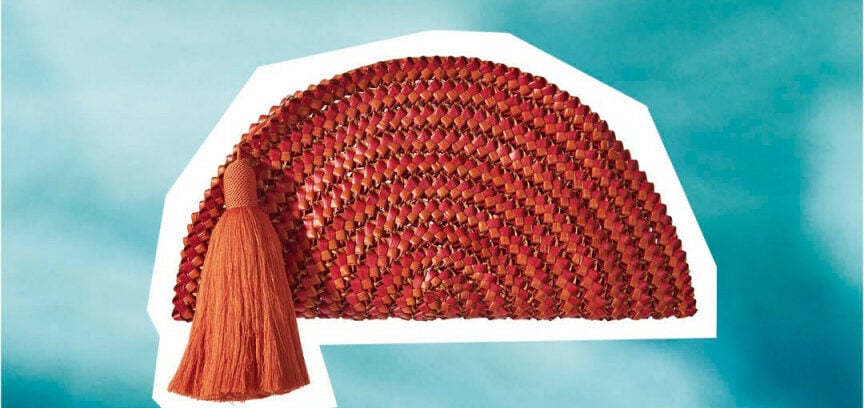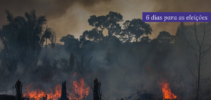🌱 Startup makes sustainable plane fuel using CO2
Air Company, a New York startup, has introduced a revolutionary change to aviation: a carbon neutral fuel made from CO2.
ADVERTISING
Through AIRMADE™ SAF, the company has converted our planet's most abundant pollutant into a never-ending resource – transforming captured CO2 into sustainable aviation fuel.
Innovation can reduce the sector's emissions, currently responsible for between 2% and 3% of greenhouse gases injected into the atmosphere.
The Air Company's business is to make carbon dioxide work in the fight against global warming. CO2, which accumulates in the atmosphere helps to intensify climate change, can also be a rich fuel, capable of giving aircraft propulsion without the need for engine modifications, and having as a by-product only oxygen to be expelled through the exhaust pipes.
ADVERTISING
The startup is building the facilities to begin mass production of the fuel and intends to commercialize it from 2024.
🌿 Activists push to make ecocide an international crime
The movement Stop Ecocide – which aims to make mass damage and destruction of ecosystems a prosecutable international crime against peace – spent the last week in New York City, meeting with dignitaries participating in Climate Week events, as well as well as the General Assembly of the United Nations (UN).
Ecocide it means mass damage and destruction of ecosystems – serious damage to nature that is widespread or long-term. Examples of practices that can lead to ecocide are:
- Damage to ocean/river ecosystems;
- Air pollution;
- Ground contamination; It is
- Logging.
When the ecocide becomes an international crime, those responsible for such environmental damage will face legal action and possible prison sentences.
At the top of the movement's list of demands is that countries around the world recognize ecocide as an offense against peace – carrying fines and even imprisonment – through the UN International Criminal Court.
ADVERTISING
However, there are obstacles for the movement to overcome. Two-thirds of the countries that recognize the UN International Criminal Court would need to approve the addition of ecocide as a crime – that's more than 80 nations.
Members of the movement estimate that Around two dozen countries have expressed an interest in classifying ecocide as an international crime, including the United Kingdom, Spain, Iceland, France, Mexico and Chilesystem. (The Guardian*)
To find out more and be part of the movement visit:
👛 Sustainable fashion is pop
Did you know that a Brazilian brand was among the three finalists of an important global award?
ADVERTISING
Yeah, the Nannacay was a finalist in CNMI Sustainable Fashion Awards, awards organized by the Camera Nazionale della Moda Italiana in partnership with the Ethical Fashion Initiative (EFI) of the United Nationssystem. (V Magazine*)
The ceremony took place last Sunday (25), at the end of Milan Fashion Week. The award pays homage to the sustainability movement in fashion.
Nannacay works artisanally, with artisans from Brazil, Peru and Ecuador. The brand was created in 2014, in Rio de Janeiro.
ADVERTISING
Nannacay, a name of Quechua Aymara origin, means sisterhood of women and presents innovative and creative proposals. Did you already know the brand?
⛏️ Mining in Brazil
The mining area in Brazil doubled in just one decade.
Second the latest data from MapBiomas, released this Tuesday (27), which identified the total Brazilian territory occupied by these activities from 1985 until last year, mining went from 99 thousand hectares to 196 thousand hectares between 2010 and 2021. A lot, right?
Just to give you an idea: the area is equivalent to almost 2 thousand km², that is, it is larger than the city of São Paulo, which has 1,5 thousand km².
The same report pointed out that industrial mining doubled in hectares from 2001 to 2021 – from 86 thousand hectares to 170 thousand.
Just two states – Pará and Mato Grosso – concentrate 91,9% of mining in Brazil. The advance of mining on indigenous lands was 632% between 2010 and 2021.
Read also
O Curto Verde is a daily summary of what you need to know about the environment, sustainability and other topics linked to our survival and that of the planet.
(🚥): may require registration and/or signature
(🇬🇧): content in English
(*): content in other languages is translated by Google Tradutor




